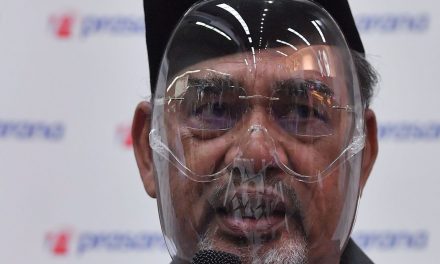28 March 2019
Lawyer Zuzana Čaputová won the largest share of votes in Slovakia’s presidential ballot Saturday, making her the front-runner ahead of a second round later this month. Čaputová won 40.6 percent of the vote, while government candidate and European Commission Vice President Maroš Šefčovič on 18.7 percent, according to the national statistics office. Sitting President Andrej Kiska is not running for a second term. Saturday’s ballot had a turnout of 48.7 percent.
In 2016 Čaputová won an environmental prize after campaigning in her hometown of Pezinok, near Bratislava, to shut down a hazardous garbage dump.
Slovakia’s ruling Smer party, which has been the target of anti-government protests following the murder a year ago of journalist Ján Kuciak. Kuciak was a reporter for the news website Aktuality.sk, focused mainly on investigating tax fraud of several businessmen with connections to top-level Slovak politicians. He and his fiancée, Martina Kušnírová, were shot dead in February 2018 in their home in Veľká Mača, Galanta District, Slovakia. Two days before the vote, police in Slovakia said they charged businessman Marian Kočner with ordering the murder of Kuciak and his fiancée Martina Kušnírová.
The murders sparked mass popular protests and a political crisis followed in which Prime Minister Fico and his entire cabinet resigned on 15 March 2018. Peter Pellegrini became the prime minister after that.
Slovakia ranked 57th in Transparency International’s latest Corruption Perceptions Index with a score of 50 out of 100 — its worst since 2013.
Special prosecutor Dusan Kovacik in office since 2004, is responsible for prosecuting abuse of power and corruption among public servants and politicians. According to data from his office last year, he has overseen 61 cases between 2009-2017 and has not pressed criminal charges against any of them.
Slovakia has until the end of the year to submit a report regarding the implementation of anti-corruption measures, the Council of Europe’s Group of States Against Corruption (GRECO), said. GRECO issued 16 recommendations to Slovakia to prevent corruption in respect of MPs, judges, and prosecutors back in 2013. Its latest report, published on Tuesday, found it had satisfactorily implemented only seven of them.















